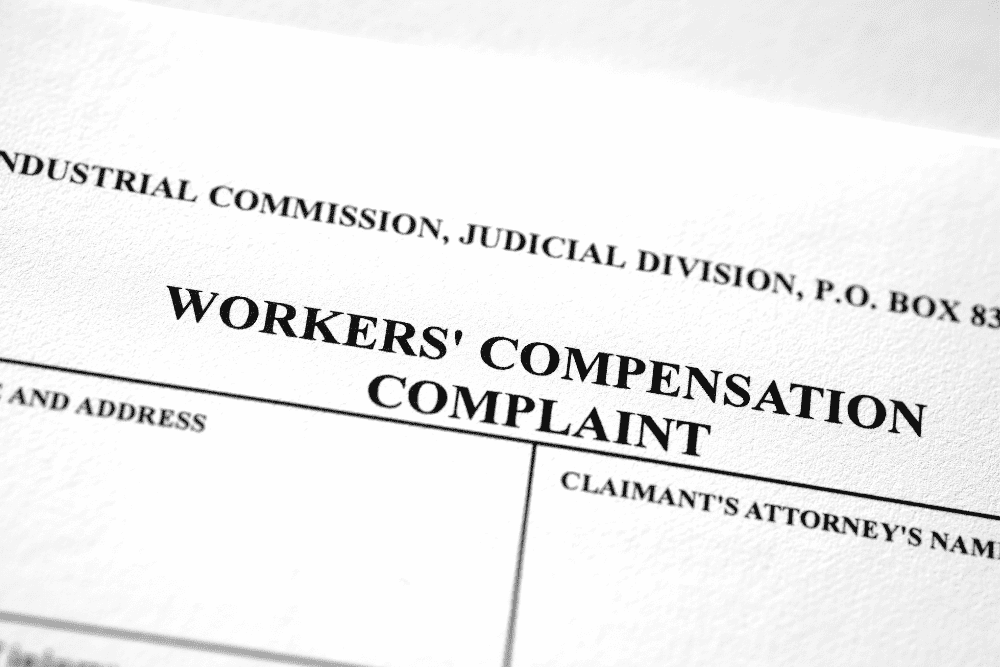Should Minnesota Workers’ Compensation Cover Medical Marijuana?
The COVID-19 pandemic has changed many things in Minnesota and around the world. Of course, it impacts the daily lives of many Minnesotans, but there are a few stand-out issues still impacted by the pandemic – issues like workers’ compensation.
Here is what you need to know about the latest workers’ compensation extensions due to COVID. This includes whether the government views medical marijuana as a valid or invalid expense in workers’ compensation claims.
Workers’ Compensation Changes
In Minnesota, workers’ compensation laws have recently been amended. How?
For certain workers, the law now includes a presumption of liability when a worker tests positive for COVID-19. Under Minnesota’s occupational disease statute, this new provision creates a presumption if COVID-19 is contracted on the job for:
- Health care workers
- First responders
- Anyone providing childcare to those workers
For workers covered under this legislation, their illness is presumed to qualify as an occupational disease. This means they can be compensated for injuries on the job, unless their employer can show that employment was not the direct cause for the COVID-19 diagnosis.
Workers outside these fields can still file for compensation benefits if they believe they contracted COVID at work, even though they don’t fall under this new presumption of liability.
They can file claims under current occupation disease provisions in the Minnesota Workers’ Compensation Act.
What About Medical Marijuana?
Medical marijuana is legal in Minnesota, and many people wonder if it is covered under workers’ compensation medical benefits.
This isn’t a simple question, and it doesn’t have a simple answer, as it depends on the insurance company and other factors.
First and foremost, Minnesota law does not allow medical marijuana prescriptions for work injuries. In fact, the medical marijuana law in Minnesota limits who can even be prescribed this medication.
Currently, a doctor can only prescribe medical marijuana for specific criteria, such as:
- Chronic Pain
- Cancer
- Nausea due to terminal illness
- ALS
- Crohn’s Disease
- Seizures
- Glaucoma
- Persistent and severe muscle spasms
- Tourette’s Syndrome
- HIV
If you don’t have one of these conditions, medical marijuana is unlikely to be prescribed. Therefore, it’s unlikely that its purchase would be covered by workers’ compensation insurance.
Workers’ Compensation in Minnesota
If you work for a business in Minnesota that hires one or more employees, the employer must carry workers’ compensation insurance. There are a few exceptions:
- The employee is a family member
- Employees are members of the LLC
- Employees are sole proprietors
The Minnesota Department of Labor and Industry handles workers’ compensation claims. Businesses are allowed to obtain insurance through private companies to meet requirements set forth by the state.

Employers or insurance companies can deny your workers’ compensation claim if they believe it to be invalid. If this happens to you, you can file an Employee’s Claim Petition with the Department of Labor and Industry.
COVID-19 may have changed the way some processes work, but others have remained unchanged. This is especially true for workers with public-facing jobs who contract COVID while working.
If this happens to you, contact an attorney for help understanding the laws that govern workers’ compensation in the state. It’s vital to move your case forward.
About the Author:
A lifelong Minnesotan, founding partner Ronald R. Envall has spent his entire legal career fighting for the little guy, focusing on workers’ compensation, Social Security, and personal injury cases. He has been recognized by SuperLawyers as a Top Rated attorney in Duluth, placing him in the top 5 percent of all workers comp lawyers across the state. In his free time, Mr. Envall serves on the boards of several area government and nonprofit organizations and is a member of the Minnesota Association for Justice, which supports consumer rights.
















